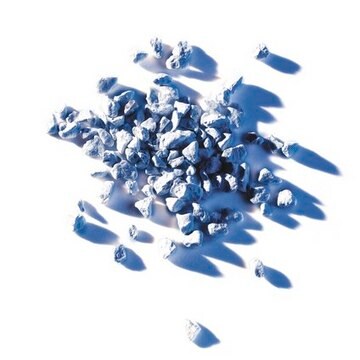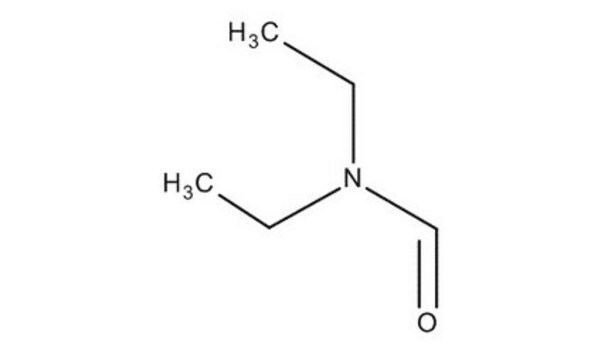255548
Calcium sulfate dihydrate
ACS reagent, 98%
About This Item
98.0-102.0% (ACS specification)
Productos recomendados
grade
ACS reagent
assay
98%
98.0-102.0% (ACS specification)
form
powder
impurities
≤0.02% insol. dil. HCl
anion traces
carbonate (CO32-): passes test
chloride (Cl-): ≤0.005%
nitrate (NO3-): ≤0.005%
cation traces
Fe: ≤0.001%
K: ≤0.005%
Mg: ≤0.02%
Na: ≤0.02%
Sr: ≤0.05%
heavy metals: ≤0.002% (by ICP-OES)
SMILES string
O.O.[Ca++].[O-]S([O-])(=O)=O
InChI
1S/Ca.H2O4S.2H2O/c;1-5(2,3)4;;/h;(H2,1,2,3,4);2*1H2/q+2;;;/p-2
InChI key
PASHVRUKOFIRIK-UHFFFAOYSA-L
¿Está buscando productos similares? Visita Guía de comparación de productos
General description
Application
- The effect of casing and gypsum on the yield and psychoactive tryptamine content of Psilocybe cubensis (Earle) Singer.: This research investigates the impact of calcium sulfate dihydrate on the cultivation of Psilocybe cubensis mushrooms. The study highlights the role of gypsum in enhancing yield and the content of psychoactive compounds, which is important for pharmaceutical applications (Foster et al., 2024).
- Gypsum-Related Impact on Antibiotic-Loaded Composite Based on Highly Porous Hydroxyapatite-Advantages and Disadvantages.: The study examines the effects of calcium sulfate dihydrate on antibiotic-loaded composites. These composites are crucial for bone regeneration and infection control, providing insights into the advantages and limitations of gypsum in medical applications (Zalewska et al., 2023).
- Organic solvent-free synthesis of calcium sulfate hemihydrate at room temperature.: This paper presents an innovative method for synthesizing calcium sulfate hemihydrate using calcium sulfate dihydrate without organic solvents. The research contributes to greener synthesis methods and sustainable material production (Reigl et al., 2024).
Storage Class
11 - Combustible Solids
wgk_germany
WGK 1
flash_point_f
Not applicable
flash_point_c
Not applicable
Elija entre una de las versiones más recientes:
¿Ya tiene este producto?
Encuentre la documentación para los productos que ha comprado recientemente en la Biblioteca de documentos.
Los clientes también vieron
Nuestro equipo de científicos tiene experiencia en todas las áreas de investigación: Ciencias de la vida, Ciencia de los materiales, Síntesis química, Cromatografía, Analítica y muchas otras.
Póngase en contacto con el Servicio técnico







